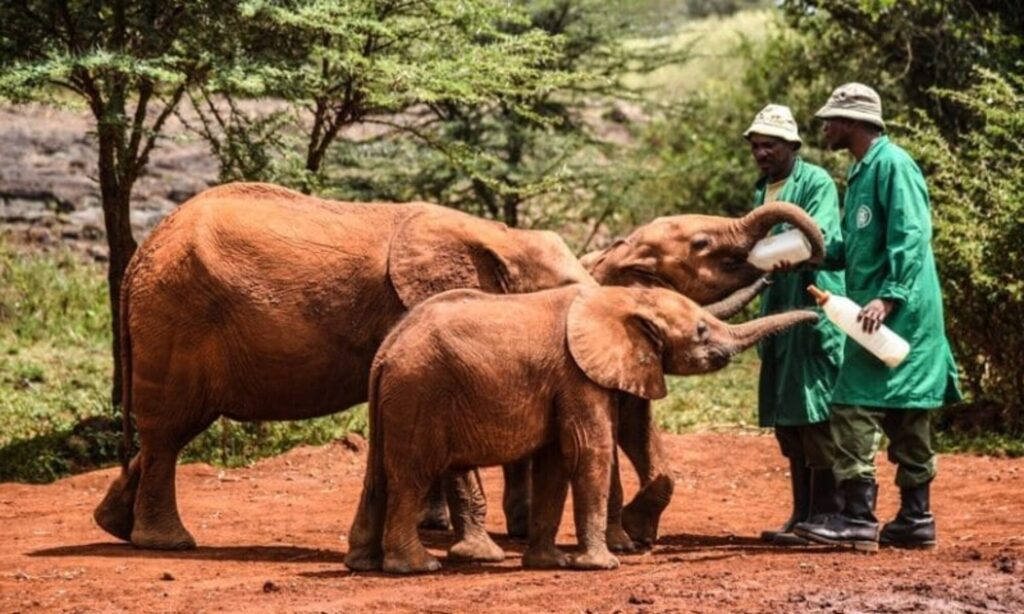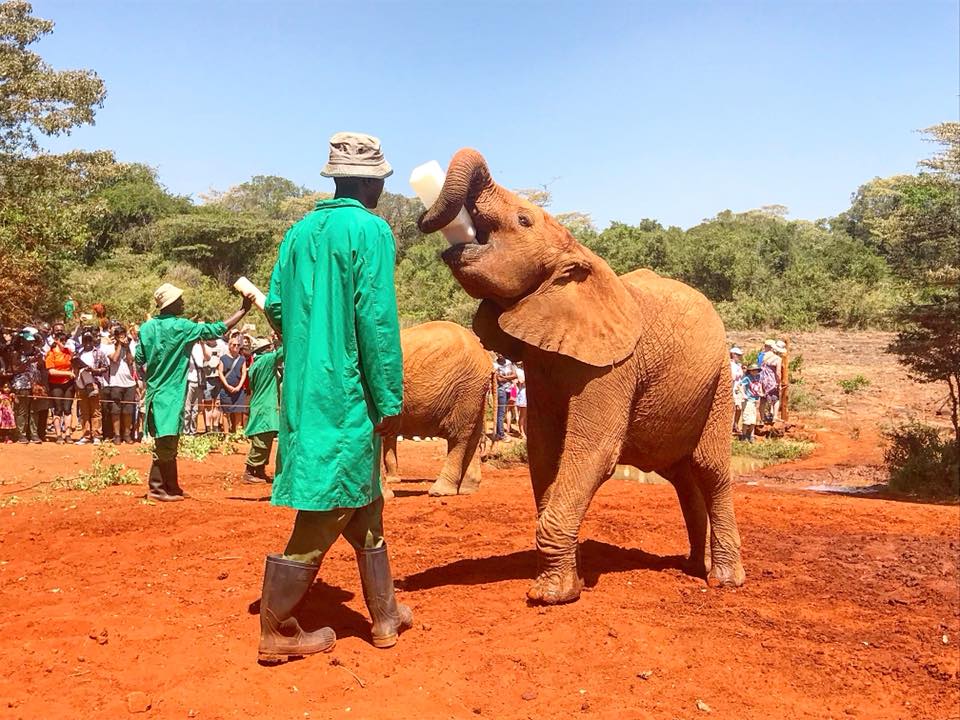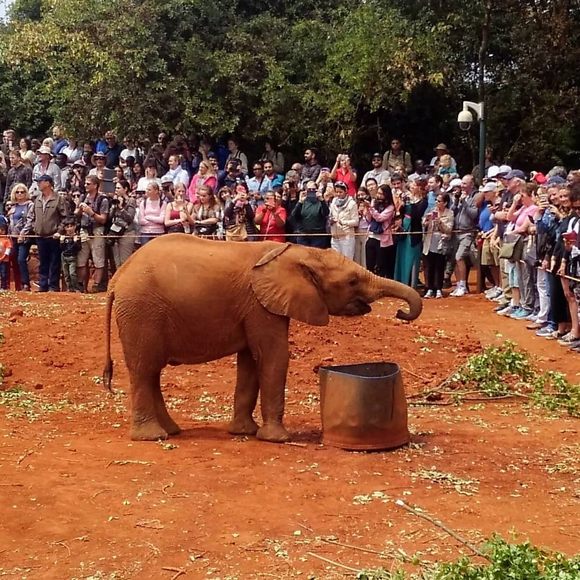



The David Sheldrick Wildlife Trust (DSWT) stands as a beacon of hope for Kenya’s endangered elephant and rhinoceros populations. Founded in 1977 by Dr. Dame Daphne Sheldrick in honor of her late husband, David Sheldrick, the organization is renowned for its pioneering work in elephant rescue, rehabilitation, and conservation.
Located in Nairobi, Kenya, the DSWT operates the world’s most successful orphaned elephant rescue and rehabilitation program. The Trust’s Elephant Orphanage, situated within Nairobi National Park, provides a safe haven for orphaned elephants who have lost their families to poaching, human-wildlife conflict, or natural disasters.
At the heart of the DSWT’s mission is its commitment to fostering the physical and emotional well-being of orphaned elephants, ensuring they receive the care and nurturing they need to thrive. Under the dedicated care of experienced keepers, these vulnerable calves are hand-raised and prepared for eventual reintroduction into the wild.
Visitors to the Elephant Orphanage have the unique opportunity to witness firsthand the extraordinary bond between the orphaned elephants and their devoted caretakers. Daily public feeding sessions offer an intimate glimpse into the lives of these gentle giants as they frolic, play, and socialize in a naturalistic setting.
Beyond its orphaned elephant program, the DSWT is actively involved in habitat protection, anti-poaching initiatives, and community outreach efforts aimed at promoting wildlife conservation and environmental stewardship. Through its pioneering conservation projects, the Trust works tirelessly to safeguard Kenya’s precious biodiversity for future generations.
As a global leader in elephant conservation, the David Sheldrick Wildlife Trust continues to inspire and empower individuals around the world to join the fight against wildlife crime and habitat loss. Through education, advocacy, and hands-on conservation efforts, the Trust remains steadfast in its commitment to securing a future where elephants and other wildlife can thrive in their natural habitats.
